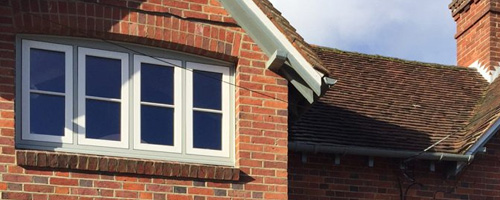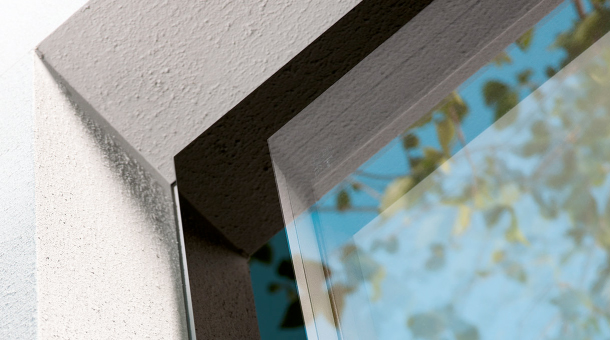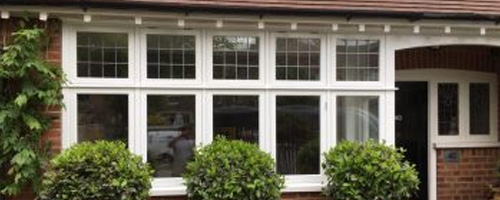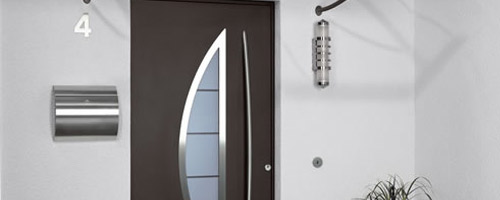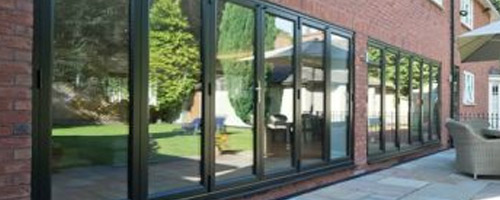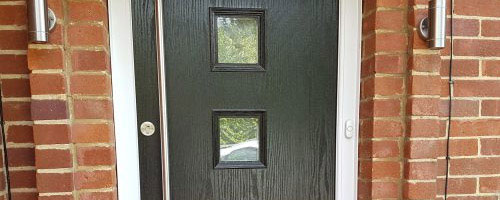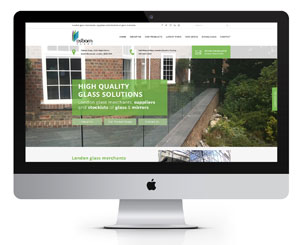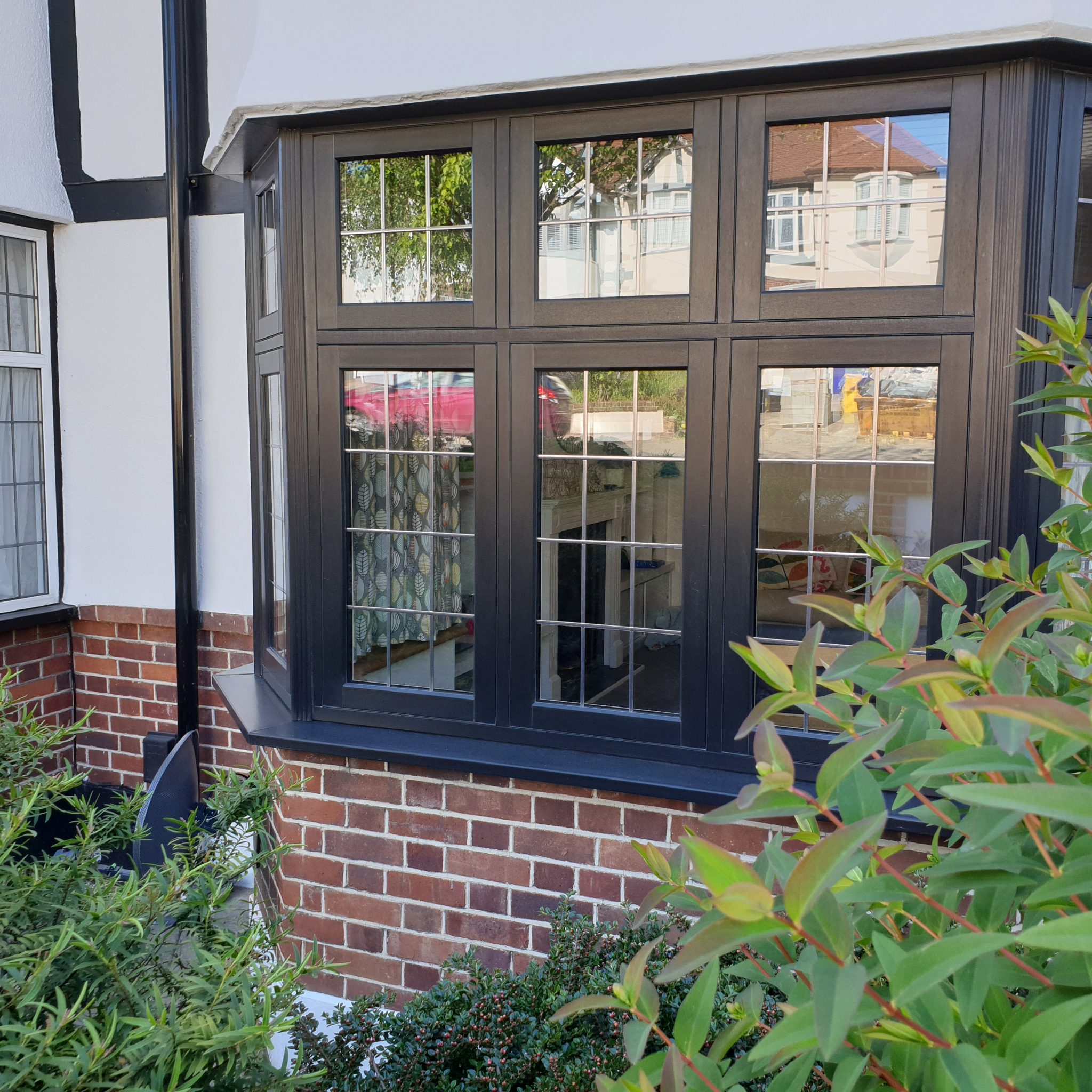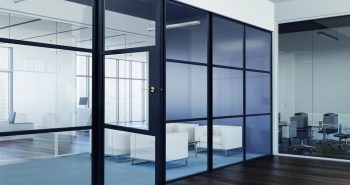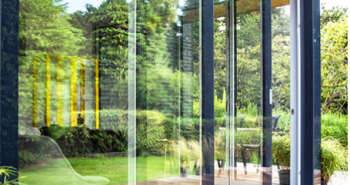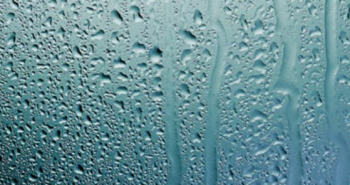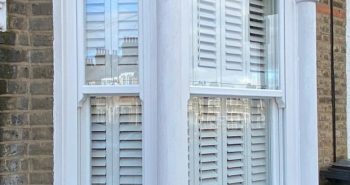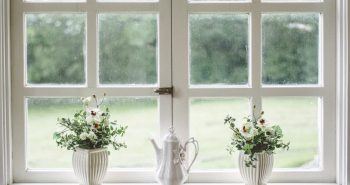What’s wrong with my current windows?
If you live in a home that’s older than 20 years, then it’s likely that your windows need replacing. Building regulations in the UK change every three years. While your windows might not look outdated or in need of a change, you’ll likely experience the true impact of this inefficiency in the increased heating bills you receive. In fact, 18% of heat loss in UK homes occurs through windows.
One of the key benefits of double glazing is how it layers multiple glass panes within one frame – this keeps the heat in, and reduces condensation. However, if your windows are a few decades old, then the double glazing is likely two annealed panes bonded together with an air-filled cavity. This serves its purpose, but it isn’t taking full advantage of the new technology that installing new windows can bring.
What benefits do new double glazed windows offer?
The general approach with new double glazed windows is the same, but the efficiency created by new advancements speaks for itself.
While older double glazed windows have up to three cavities created by the panes that are filled with air, newer windows tend to have more than three chambers and use insulating gases like argon to maximise their heat conservation efforts.
There have also been leaps in energy rated windows that benefit your wallet, by locking in heat during the winter or keeping your home cool during the warmer summer months.
If you choose to upgrade double glazing to triple glazing, these benefits are only amplified. Although the initial investment may be slightly higher, you’ll experience continuous savings in the long run because of the energy efficiency benefits.
What are the best new windows for an old house?
If you’re living in a listed building or an old property with its original windows, then it’s likely they’ll be made of timber. Timber windows are perfect for capturing a classical aesthetic, and because our timber windows are made with accoya wood, they have a high life expectancy of around 60 years.
However, if you want to project a high-quality look but at a lower price point, then advancements in uPVC windows could make them just as attractive. Not only can uPVC windows be customised in a variety of styles to suit your home – such as casement or bay windows – but they can also be painted and installed with woodgrain effects to increase their aesthetic appeal.
Our uPVC windows all come with double glazing as standard, too, so you’ll be able to reap the financial benefits of double glazing while giving your home a fresh look.
What other benefits will installing new windows bring?
For many homeowners, the financial returns of new windows make them worth the investment. Beyond being kinder to your wallet, though, installing new windows in an old house actually has several other positives that could inspire you to make the change:
Safety considerations
Newer windows contain better safety features than decades-old counterparts, keeping your home and family secure. Our uPVC windows, for example, come with hinge protection and steel-reinforced outer frames as standard.
Noise reduction
If you’re living in a busy city, then you’ll understand how excess noise can have a real impact on your quality of life. By installing new windows, you’ll not only keep the cold out but loud sounds like cars and construction work, too.
Increased resale value
When it comes time to sell your home, the investment you make in installing new windows will benefit you. A key consideration for buyers will be energy efficiency, and the aesthetic benefits of your new windows will make your home an attractive property for viewers.
Ready to upgrade your windows?
With a wide range of double and triple glazing window options, you’re sure to find the perfect option for your home. If you’re ready to start benefitting from the many positives of installing new windows, then browse our wide range today.
Our team can advise on the pricing, installation, and delivery of whichever product you choose, to make sure that the process is as seamless as possible. To learn more, give us a call on 020 8653 2200, or contact us online.

